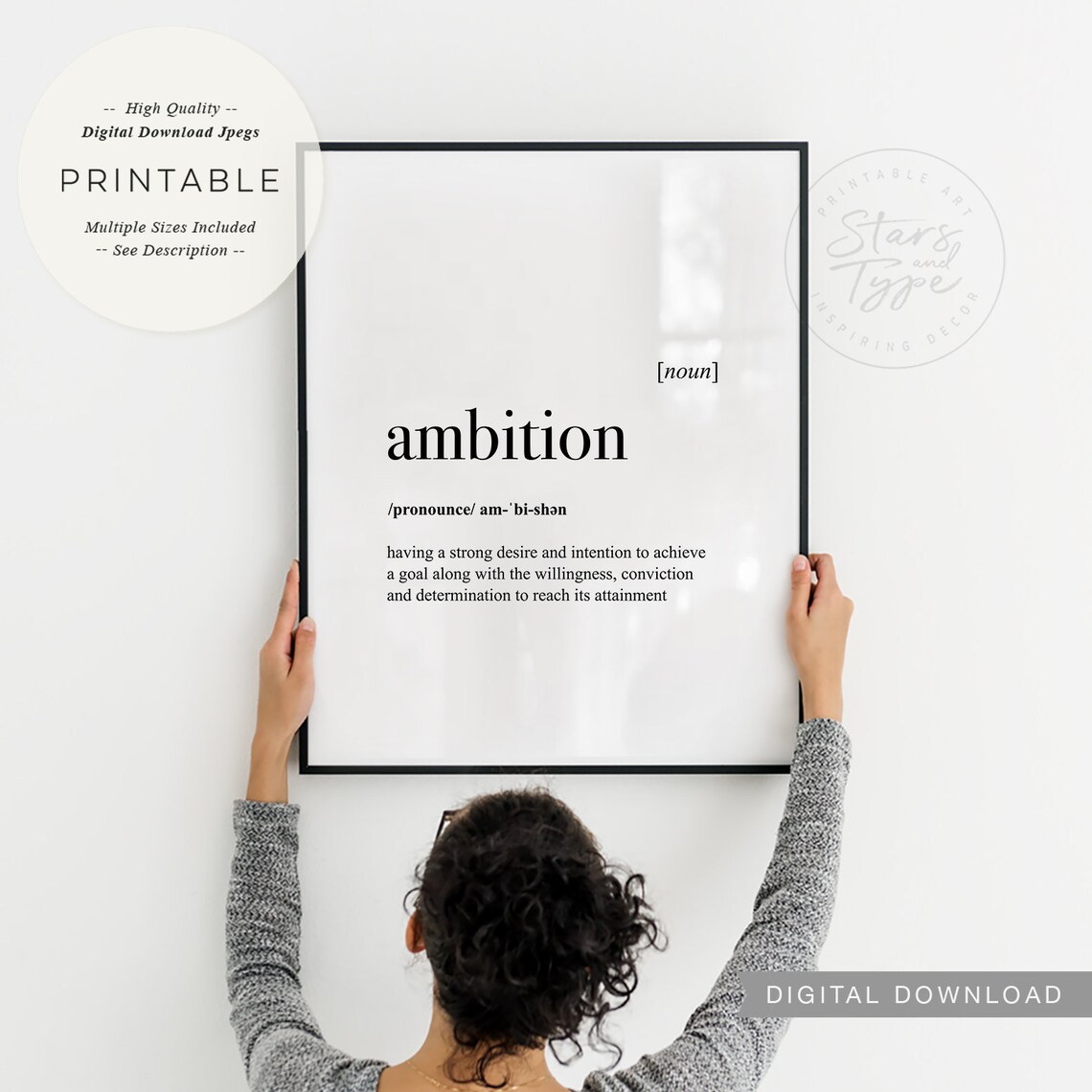

Could we really achieve honours of the most noble kind? We think of kings and queens bestowing titles upon knights with bended knee. When we hear the word “honour”, we think of ancient warriors slaying their enemies on the battlefield. Why bother thinking about the highest honours if one’s not completely confident in their ability to achieve them? But are your ambitions aimed at achieving the highest most noble honours? When we praise the quality we think of the man who loves honour more than most people, and when we blame it we think of him who loves it more than is right. He took his time accepting the award or evening responding to it, showing that he certainly doesn’t crave honour more than is appropriate.

The fact that he was silent for so long is, in my opinion, indicative that Dylan has the virtue of right ambition. When Bob Dylan was silent upon hearing about his receiving the award, many began to question whether the Nobel Prize was indeed an honour to receive.ĭylan did eventually accept the award, but had he not he would have been well within his right to consider the honour as coming from the wrong sources if that aligned with his inner compass.

Specifically the Nobel Prize for Literature. This is the same award that was bestowed upon Albert Einstein, Martin Luther King Jr., Nelson Mandela, the Dalai Lama, and Mother Theresa.īut recently, and not for the first time, the prize has been brought into question. It’s a recognition for the work of one’s lifetime and if you receive the honour, you are in illustrious company. It comes down to the individual’s inner compass.Ĭase in point: for a long time, the Nobel Prize was considered a grand honour to receive. Seeking the honour and praise of losers just makes you a big loser.Īgain, like with all the virtues, there isn’t a definitive list of worthy sources of honour. You shouldn’t get your sense of self-worth from external sources.Īnd, as we saw in the discussion of the previous virtues, you should actually scorn praise and honour from unworthy sources.īeing honoured by criminals is nothing to be proud of. You can also crave honour more than what is appropriate. You can crave honour from the wrong sources. We blame both the ambitious man as aiming at honour more than is right and from wrong sources, and the unambitious man as not willing to be honoured even for noble reasons. Honour may be desired more than is right, or less, or from the right sources and in the right way. To Aristotle, ambition all comes down to honour and where one derives honour. So let’s talk about how we figure out what right and wrong ambition is. No one without ambition would ever embark on this virtue program.Īnd those with ambition in the wrong areas would be putting their energy, concentration, and focus elsewhere. The very fact that you’re undertaking this virtue program shows you already have the virtue of right ambition within you. So the virtue is between too much ambition and not enough ambition.Īs you’ve already spent a week concentrating on the other virtues, particularly that of pride, you have probably already naturally developed a noble ambitious drive or at least started to have thoughts about where your ambition should go. Similarly, having no ambition or drive whatsoever is also a vice. This virtue comes down to having the right amounts and correct kind of ambition. In fact, he finds it hard to designate an actual word to what the virtue and vices are. Aristotle doesn’t linger too long on the virtue of ambition.


 0 kommentar(er)
0 kommentar(er)
